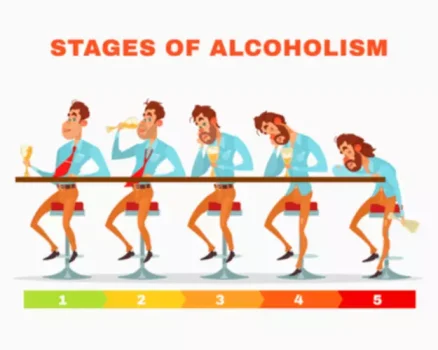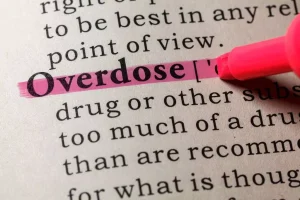Alcohol use disorder is a serious condition that can lead to brain fog and other cognitive impairments. In fact, research has shown that regular exercise can help improve brain function and reduce brain fog. While brain fog is often a normal part of aging, it can be exacerbated by various factors such as chronic health conditions, medications, stress, depression, and inadequate sleep.
Alcohol disrupts sleep patterns
Overall, alcohol can make it harder to understand, reason, and learn. The more you drink, the more problems you’ll have with thought tasks and motivation to work. It’s also pretty hard to feel inspired and engaged if you’re also dealing with the physical effects, like dehydration, sleep deprivation, and headaches. In addition, ongoing research is abundant in the area of neuroplasticity—the amazing ability of the brain to rewire following injury or disease—and its relationship to addiction recovery. Brain fog is a term used to describe cognitive difficulties, such as trouble with focus, memory, and thinking. It’s often characterized by confusion, forgetfulness, or a lack of mental clarity.
Get plenty of sleep
Clinically, Warren has developed a therapeutic skillset that utilizes a strengths-based perspective, Twelve Step philosophies, Cognitive Behavioral Therapy and Motivational Interviewing. In addition to these therapies, medication and lifestyle changes can also be beneficial in addiction treatment. Medications such as Naltrexone and Acamprosate can help reduce cravings and prevent relapse, offering a powerful tool in the fight against addiction.
Consider starting a healthy withdrawal program
- Here, Christy, who has been sober for five years, shares how drinking alcohol can make symptoms of perimenopause.
- These methods have shown promise in preliminary studies and warrant further research.
- Plus, we’re always introducing new features to optimize your in-app experience.
- Alcoholic brain fog occurs during or after someone develops an alcohol addiction.
- In addition to physical exercise, it’s also important to exercise your brain.
Just make sure to start slowly if you’re not used to exercising and building up your stamina over time. Meal delivery services can also be a good option if you don’t have time to cook healthy meals. It can make it difficult for you to focus, remember things, or even have a conversation. Brain fog or mental fog is a term used to describe the feeling of mental confusion or cloudiness. But you don’t need to worry about brain changes at this point in your life.
People who have smaller bodies, drink alcohol less frequently, or have a history of liver disease are also more vulnerable to alcohol poisoning. When the liver is not able to filter this poison quickly enough, a person can develop signs of alcohol poisoning or alcohol overdose. An overdose of alcohol affects the brain’s ability to sustain basic life functions. The most common symptoms of dementia include memory loss, problems with language, and difficulty with planning and decision-making. Therefore, it is crucial to drink plenty of water when you are trying to relieve the symptoms of alcohol fog or brain fog in general. This is because dehydration can lead to symptoms like fatigue and difficulty concentrating.
For example, group one may be tested at weeks 1, 2, and 3 after drinking has stopped, whereas group two may be tested at weeks 2, 3, and 4. This way, the effects of practice on the tests can be separated from recovery that occurs over time. If at the first test, group two performs better than group one, then time-dependent recovery is evident.
Scan the QR code to get started!

Second, some research suggests that many current treatment modalities only minimally impact the factors influencing an alcoholic to drink. Therefore, it would not matter whether the cognitively impaired alcoholic could or could not learn the behavior taught by the treatment program. If a method for teaching algebra is unclear and ineffective, both highly intelligent alcohol brain fog and less intelligent children will fail to learn, reducing the observed relationship between intelligence and learning algebra. Treatments themselves must be improved, and/or they must be matched to the functional cognitive level of the alcoholic before the true importance of differences in cognitive functioning can be identified and evaluated.
Visiting Angels Can Help Seniors With Memory Problems
Any brain that’s been the victim of extended substance abuse certainly couldn’t be harmed by a memory or concentration exercise. Brain fog from alcohol — also known as hangover brain fog — usually lessens within 8 to 24 hours after drinking. However, the time frame can be longer for people who are regularly consuming heavy amounts of alcohol. We often don’t realize it, but water actually helps our brain cells communicate with each other. When we’re dehydrated, our brain function can become significantly impaired.




دیدگاهتان را بنویسید